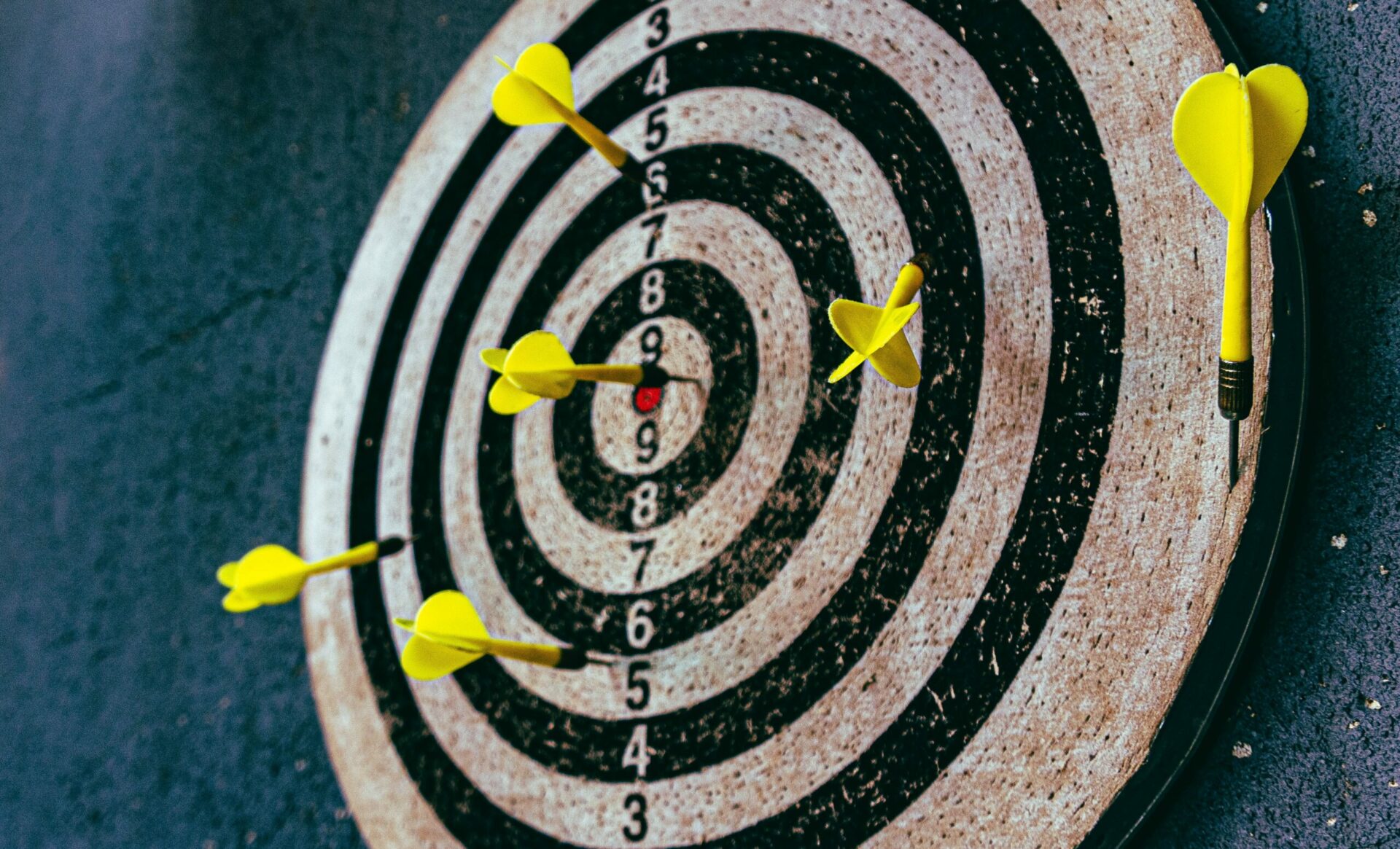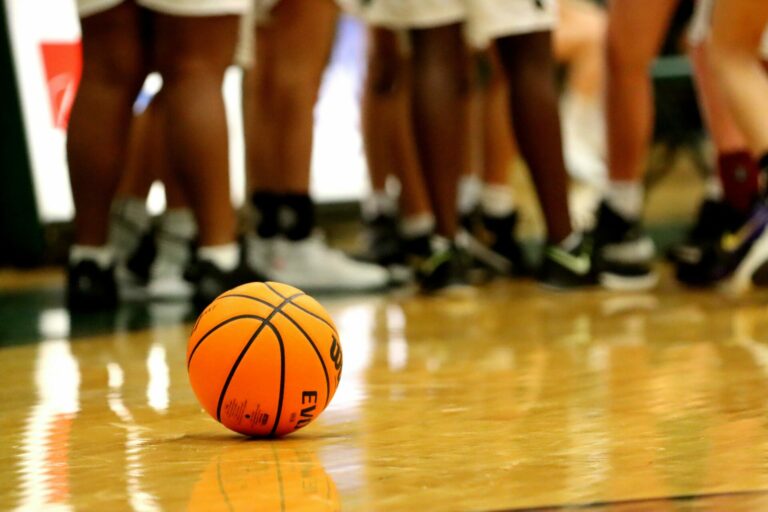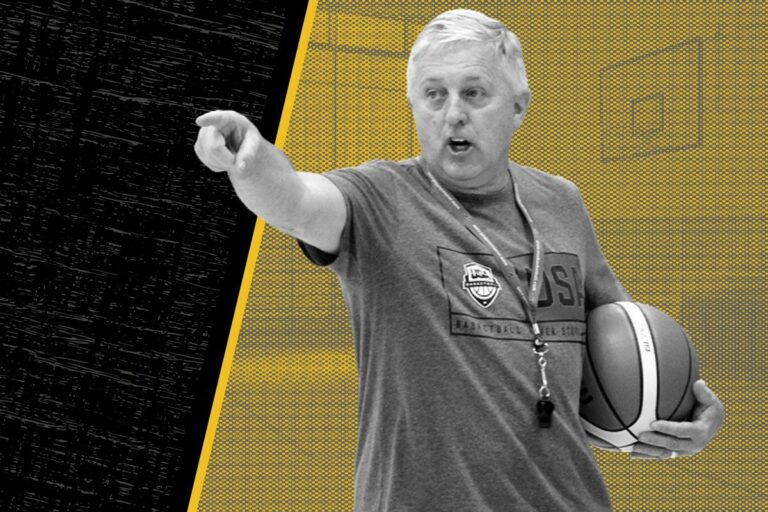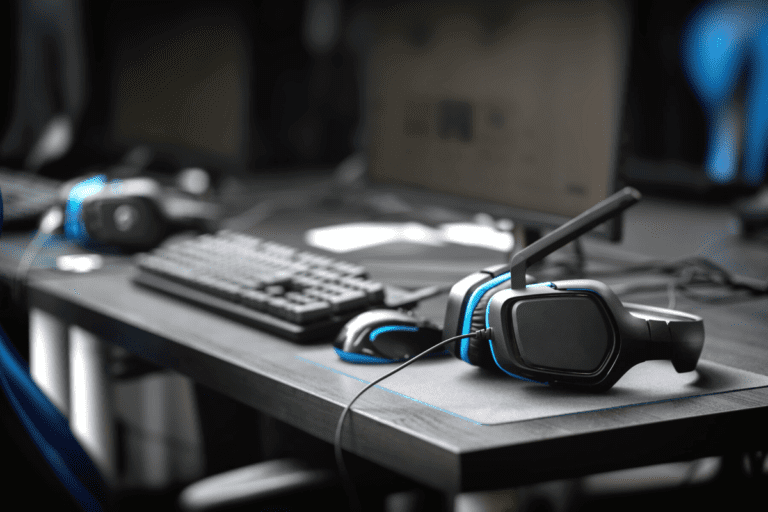Coaching Philosophy and Learning From Mistakes
- Mistakes can be meaningful and effective learning opportunities, and players should be encouraged to make them.
- By analyzing mistakes and asking questions, both players and coaches can truly see what works, what doesn’t, and why.
- By understanding the how and why of their actions, players can build confidence within themselves.
Christina Gwyn-Barton has been head coach of the Keller High School softball team in Keller, Texas since 2017. It was also here where, in 2003, she was named the Texas Gatorade Player of the Year and led the school to its first state championship.
Now, she’s inherited a team that won back-to-back state titles, and implemented her own coaching philosophy, which emphasizes the importance of learning from mistakes.
Here she discusses the importance of making mistakes, and the steps she takes to help young athletes develop a level of confidence that prepares them to succeed in college and beyond.
Having Purpose, Preparing for Success
Getting a college scholarship. Winning a national championship. Going to the olympics.
These are the dreams of young athletes across the nation, and I was no different. After finishing a very successful high school career, I thought I was ready for college. However, five years, two colleges, and many life lessons later, I came to realize that it wasn’t the physical aspects of playing in college I wasn’t ready for—it was the mental.
Looking back on my collegiate experiences and the path I traveled to get there, I decided that I wanted to become a coach in hopes that I could better prepare young female athletes to be successful in college from day one.
I believe that begins with helping players find their confidence in learning from mistakes.
First of all, it doesn’t matter what my expectation of a player is if she has no direction or ownership of her own game. My coaching philosophy stresses the importance of collaborating with the players to create self-confidence, responsibility, mental toughness, and perseverance.
I believe that high expectations are essential for any player, but I also believe that it is not until a player understands why they do what they do that they can reach their full potential. That’s why I invest time in collaborating with the players individually on their skills and overall knowledge of the game.
Building Ownership with "Why?"
Before we begin work on any skill, I start with asking the player to tell me everything they know about that skill. For example, if we are pitching a fastball, I ask them to show me the drills they do, explain the mechanics they use, and discuss the type of adjustments they make when needed.
Then, I ask what I believe is the most powerful question: why? Why spend time doing wrist snaps? Why leave your hips open during your pitch instead of closing them? It amazes how many times I hear the answer “I don’t know, that’s just what I have been told to do.”
I ask “why” because I want to know that my players have purpose in everything they do, that they have invested the time to figure out what works best for them, what makes them the most successful, and what doesn’t work for them.
I do not believe that it is a coach’s job to tell players what to do; I believe it is a coach’s job to use their past experiences along with the knowledge they have gained to work alongside players to figure out what concepts work best for each individual.
Once the player understands why they do what they do, they begin to have confidence in their abilities which allows them to learn how to make quick adjustments by themselves on the field.
Embrace Mistakes
“Not only is it OK for you to make mistakes, I want you to make them!”
I use this quote to kick off every season. Mistakes are inevitable. We all know this. Yet most young athletes are so afraid to make a mistake based upon the thought that if they are not perfect, then they are not good enough. YOU WILL MAKE MISTAKES! While saying this may not come as a surprise to my players, it’s the statement that I follow that up with that gets their attention:
You should see the look of shock and disbelief on a player’s face when they’re asked to make mistakes. I never tell my players that I expect them to be perfect, because it’s not a part of my coaching philosophy—I would be setting them up for failure, which is the exact opposite reason I coach. So, I teach my players to embrace their mistakes, learn from them, and move on.
In order for this concept to come alive, I find ways to constantly throw obstacles into our daily routines by forcing the girls to make mistakes. For example, we use wet balls (on a dry day) to throw around the bases. We practice fielding with golf balls and baseballs. I ask pitchers to throw with their eyes closed. I take these opportunities to allow the players to come up with different types of adjustments based upon what they feel and then self-reflect on what worked and what didn’t.
“Mistakes have the power to turn you into something better than you were before."
Unknown Tweet
I do these things to teach them to have confidence in themselves, how to be comfortable when things are uncomfortable, because that’s part of life.
It’s uncomfortable dropping a routine pop fly in the middle of a game. It’s uncomfortable being a first-year student-athlete at college where you are no longer the best player on the team. But if a young person can learn to have enough confidence in themselves no matter the situation, they can overcome anything.
Coach Christina Gwyn-Barton’s coaching philosophy revolves around instilling players with confidence and comfort when it comes to performing. This philosophy could benefit both students and group leaders alike, so share this article on social media and encourage your network to do the same!











